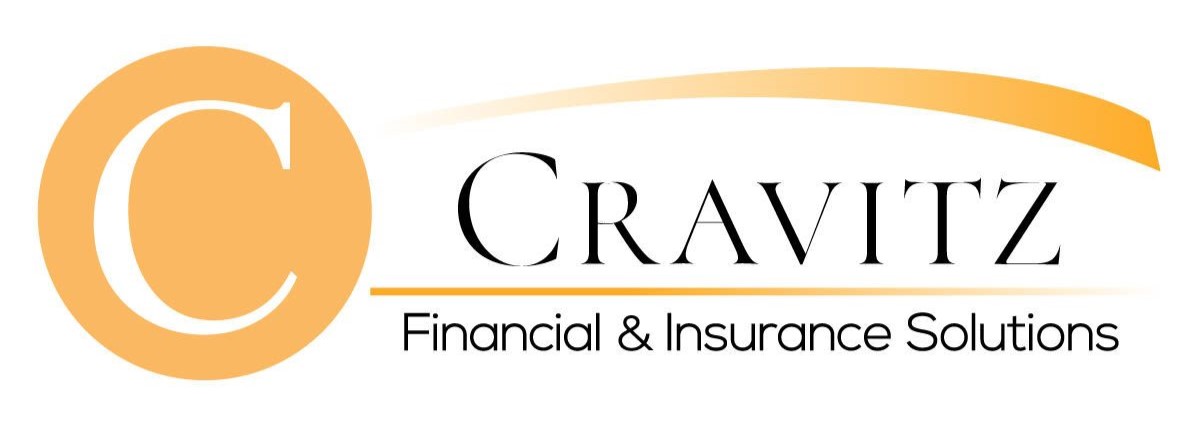Having a tax-efficient withdrawal strategy in retirement can save you thousands of dollars. A good strategy will minimize the total taxes paid over the course of your retirement, which will increase your wealth and the longevity of your portfolio.
In this video, we break down two very different strategies: traditional and proportional. The traditional approach has you spend your retirement money in this order: taxable, tax deferred, tax exempt.
On the other hand, the proportional withdrawal method would have you take a proportional amount from all of your accounts.
While certain headlines will champion one strategy instead of the other, there is no clear-cut answer for everyone.
The only way to determine your most tax-efficient withdrawal strategy is to crunch the numbers, speak with an expert, and revisit that strategy as your goals and finances change.
If you'd like to see which strategy makes the most sense for you right now, please feel free to reach out.
Full Transcript:
Erin: Good to see you, Ryan. Today we are talking about which withdrawal strategy is right for your retirement. Having a tax efficient withdrawal strategy is so important, it will not only minimize the total taxes paid over your lifetime, of course, but it will also increase your wealth and the longevity of your portfolio. So we're going to talk through traditional and proportional. The traditional approach would have you spend in this order, taxable, tax deferred and tax exempt. Vanguard loves this strategy. Can you explain it?
Ryan: Yeah. So this is simply saying, okay, you're retired. You now need income from your portfolio to live on. So you're going to withdraw first from your taxable accounts. So this is all the money that's like in your checking account, your savings accounts, also your investment accounts, all these accounts that you get a 1099 on in the mail each year. Then once that's depleted, then you would spend from your tax-deferred accounts like your 401k, your IRA, these types of accounts were that money has not yet been taxed. And then finally, once all that's depleted, then you would spend from your tax-free accounts like your Roth IRAs or your Roth 401ks.
Erin: Well, I love it when we can just kind of go by one rule of thumb, but I do want to bring up, because Fidelity says the proportional strategy is better. So basically you take a proportional amount from all of your accounts and they say that this will lead to you paying less in taxes over the course of your retirement.
Ryan: So first off, I mean the proportional strategy, what that means is you're going to take a third of the amount of money that you're going to need each year, each month from each of these different buckets of money. So a third comes from taxable, a third comes from tax-free, and a third comes from tax deferred, right? So the reality though with all this, and here's what you really need to know, is that this is, there's no cookie cutter answer to this, okay. I mean, this is something that you really need to figure out on a case by case basis because it depends upon what your income is, what your income needs are, how much you have in various accounts, how much you might have to take out in RMDs in the future. There's a lot to it.
One of the mistakes that I'll see people make is still say, "I need to go by this traditional approach. I read somewhere this is the best way to go." And one of the mistakes that people make is that they'll take all from their taxable accounts, and perhaps they're taking the standard deduction from the year, and they may have had an opportunity to withdraw money out of their IRAs or their 401ks and not have to pay any taxes on it because they could take advantage of that standard deduction.
Or maybe they would want to take a little bit more and maybe just pay taxes at a 10% or 12% tax rate, and maybe for that particular person, that makes a lot of sense. Remember, the Tax Cuts and Jobs Act is going to expire here in just a couple of years. So we already know that tax rates are going to be going up. So we need to think strategically year by year as to which accounts we're going to withdraw from and when so we're managing ourselves within our tax brackets as best we can to minimize the tax we're going to have to pay for many years to come.
Erin: Yeah, and that means not necessarily just reading the headlines, but having a conversation with a professional who can actually break it all down for you. So thank you for talking to us through, Ryan. It's such a complicated topic. If somebody has questions about this or they want to figure out the right strategy for them, what's the best way to reach you?
Ryan: You can go to the website, www.CravitzFinancial.com. Go to the contact page there. Other options simply to call. It's (714) 462-9155.
Erin: All right, Ryan. Thank you.
Ryan: Thank you.
